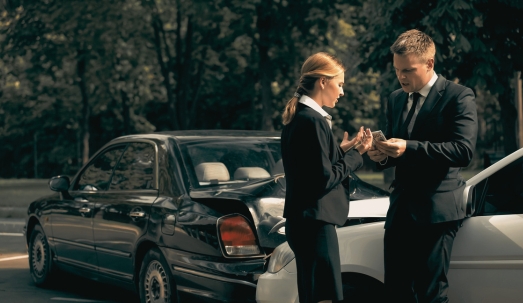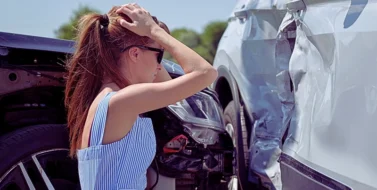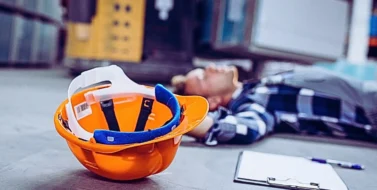TOPICS
Featured Posts
Once you receive a lowball settlement offer, politely reject it, remain calm, ask for a written explanation, and document everything. Low settlement offers are a common tactic insurance companies use to reduce the actual claim value after a Chicago car accident. The insurer exploits your vulnerability and limited legal knowledge to trick you into accepting a payout that does not cover the full scope of your damages or losses.
Insurance companies delay car accident claims even when fault is clear to earn interest from the funds set aside for a payout, bring the claim near the statute of limitations, and push the claimant to accept a lowball settlement offer or quit pursuing the claim altogether. Delays in a Chicago car accident claim can lower your settlement value by weakening evidence and allowing insurers to dispute liability or damages. Crucial steps you can take to protect your rights when an insurance company delays your accident claim include recording every interaction, carefully examining your insurance policy, and seeking legal support.
When a contractor was electrocuted and killed at the Clinton Clean Energy Center in November 2025, his family faced a question that confronts many Illinois families after workplace fatalities: Is workers’ compensation their only legal option?
If you were injured in a trucking accident in Chicago, Berwyn, Oak Lawn, Cicero, or a nearby community, call the injury attorneys at Lloyd Miller Law for a free consultation.
Call: 773-838-8100
Our Blog

How much a spinal cord injury lawsuit is worth depends on the injury severity and the unique circumstances of your injuries. Spinal cord injury claims generally result in higher compensation amounts than other injury claims due to the long-lasting and life-changing impacts suffered by victims.

The main difference between uninsured and underinsured motorists is that while underinsured motorists have a degree of liability insurance coverage, uninsured motorists don't have coverage that will cover any damages in an accident.

As a victim in a rideshare accident in Chicago, you can bring a claim to seek compensation for your injuries. It is important to understand the ins and outs of rideshare accident claims. Specifically, you should know who’ll be considered responsible for the accident and which insurance company to contact for compensation.

Figuring out who is liable for a hit and run accident is more complicated than in a traditional car accident case. Illinois state law requires drivers to remain at the scene of any accident they are involved in. Unfortunately, many drivers leave the scene before law enforcement can arrive. This complicates matters for victims who sustain losses in the wake of an accident.

The workers’ compensation system prevents injured employees from suing compliant employers after a workplace accident.

A healthcare provider’s apology for an adverse medical event does not constitute an admission of guilt. Apologies and shows of sympathy are a part of human interaction. In the healthcare profession, however, ambiguities exist regarding whether a doctor apology counts as a confession.





